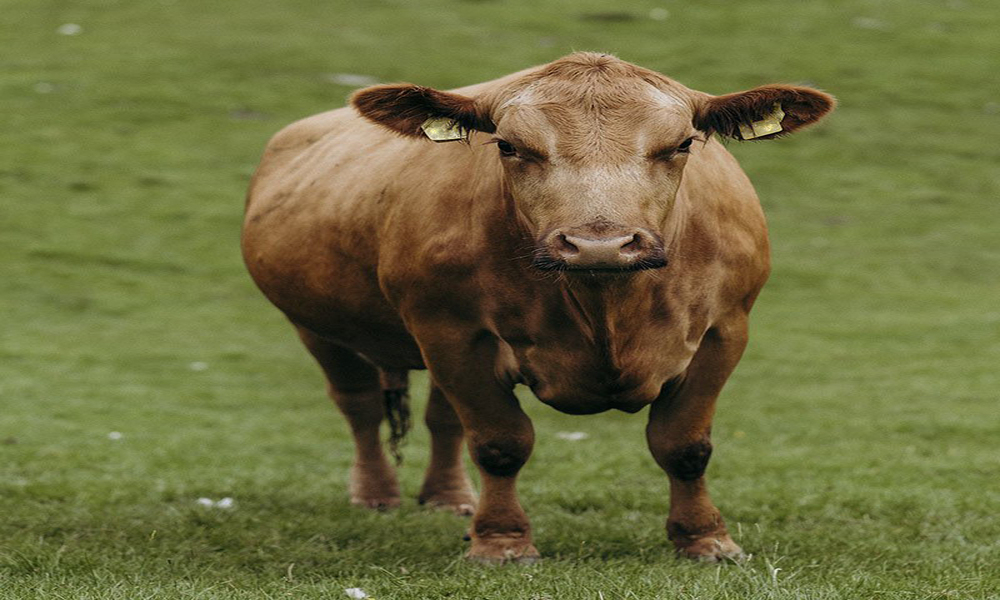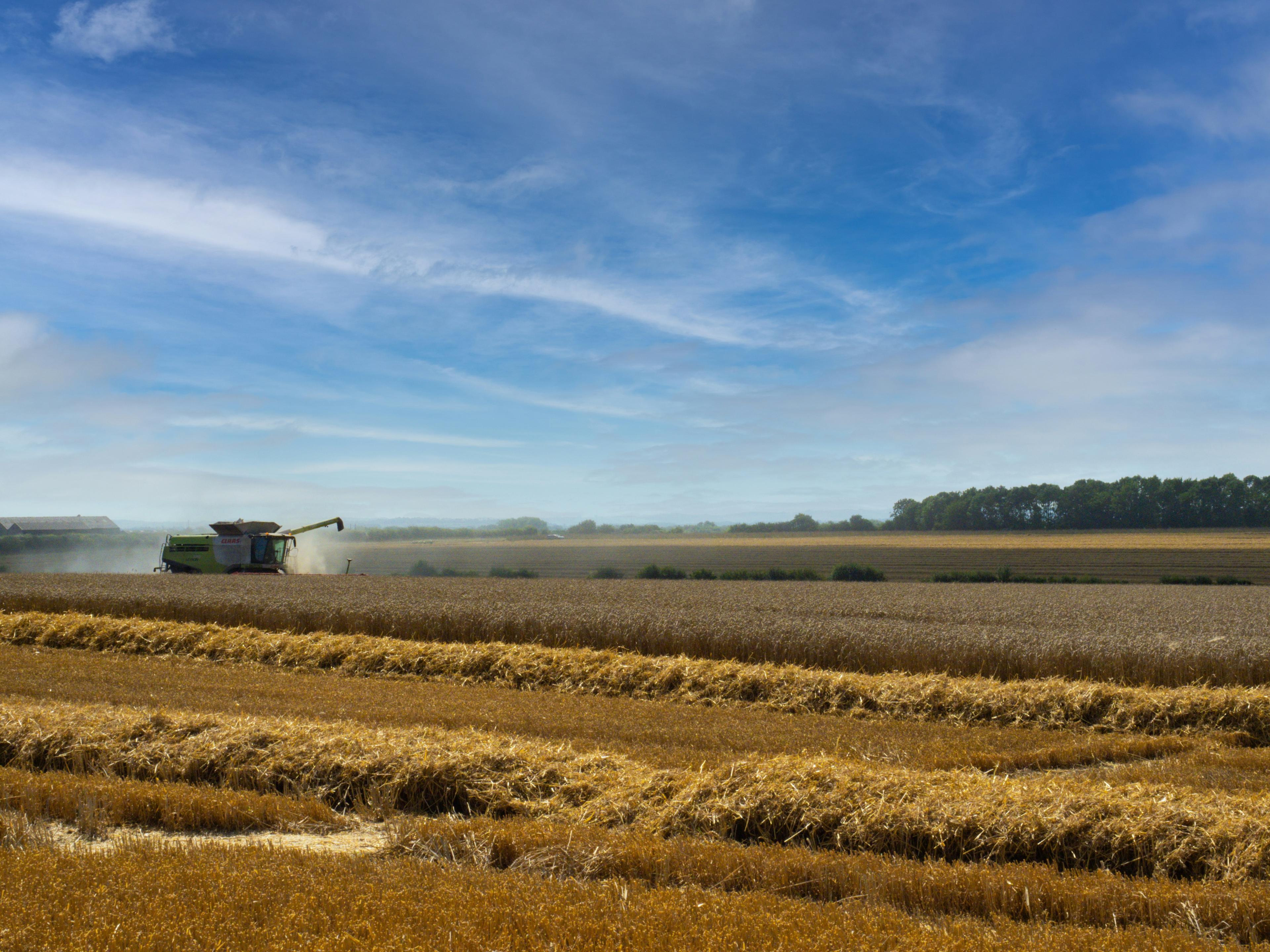Why looking to the future has never been more important.
In this instalment of The Inside Track series, I’ll be talking about where the industry stands on the carbon question, the dangers of a short-term outlook, and our position in Europe.
These were all issues raised by industry representatives at the recent launch of Andersons Outlook for Farming 2023, which took the form of an open discussion amongst 40 or so guests, and I attended with great interest.
The event was so full of lively conversation that I’ve divided my summary into two parts, of which this is the second.
In part one I brought you up to speed on what the banks think about farming, the transition to a new support payment scheme and the dominating factor of the moment: agflation. Here is a link for those who missed it.
The carbon question
Selling carbon credits is a rapidly evolving market and there will undoubtedly be an enterprise opportunity for farm businesses – producing carbon credits presents an income stream opportunity alongside more traditional farming incomes.
However, in many ways trading in carbon credits through offsetting is an interim stage. Ultimately, in the longer term, we need to decarbonise.
It’s not enough to offset one bit of carbon production against something that’s already acting as a sink. We need to decrease the amount of carbon we produce and increase the amount going into carbon sinks(sequestering carbon).
At some point there will be a need to reduce the net carbon impact to zero. Only by changing practices can we change the carbon equation. It’s a tall order, yes, but it’s also a fascinating topic.
The dangers of a short-term outlook
It seems to be the ‘here and now’ that many agricultural businesses worry about rather than the longer term, which in many ways is understandable.
We’re coming off the back of two good years for many, but sadly the consensus at Outlook was that businesses are often more focused on reducing tax in the here and now than on investing for the future. This is often dominated by machinery allowances.
But more widely, this is an age-old issue with farming. The profitable years often bring with them a focus on not paying tax on those profits, however profitability provides opportunity to invest in the future to create greater resilience – changing a farming system, reviewing cropping, diversifying, collaborating – these often take time and undoubtedly require planning and brave decisions
Strong links mean a stronger sector
But the good times and high profits haven’t reached everyone. In fact, issues with the poultry supply chain are so severe that they have been the subject of much news coverage and debate.
In addition, top fruit, soft fruit and pigs have had a really tough couple of years as agflation, trade and access to labour have had significant and immediate impacts.
For soft fruit, the harvest has been the issue due to the lack of labour undoubtedly exacerbated by leaving the EU – access to labour ranks top of the list of worries.
Whereas for poultry and pigs, the issue comes from the rapid increase in the cost of feed and energy, which, with both inputs making up a significant running cost, has had an immediate impact with little price support from the market.
Poultry is also feeling the impacts of avian influenza, which is still causing huge problems, particularly in the egg supply sector.
As a result, farmers have been reluctant to book new chicks coming in, and chick placings are down because of doubts over profitability. That has a delayed impact, so it’s only in recent months that we’re starting to see the results: namely no eggs on the shelves.
What, if anything, can we take from these issues? While some problems are bigger than the sector and created by world events, I believe a robust supply chain with good communication and understanding between all the moving parts from production through to retail could really move us forward. But we know that talk is easy!
Keeping an eye on Europe
Holland are taking action to remove a significant percentage of their livestock and Ireland have muted a similar project to reduce their suckler herd. Yet the two are taking different approaches: Holland is doing this via the direct purchase of farms and Ireland is considering operating an exit payment scheme.
Holland has always had a huge problem with pollution from agriculture amongst other industries, due to topography and the intensive and concentrated nature of its farms. By buying up the land they will be taking farms out of production to address this problem, a drastic approach.
Meanwhile, Ireland is looking at an exit payment scheme for the suckler cow industry, to combat carbon and reduce their food production carbon footprint. It is felt that this approach might encourage the less productive out of the industry – with a view productivity will increase and thus carbon per unit of production will reduce.
It will be interesting to see how both schemes develop, and I’m sure the UK government will be watching with significant interest.
BNG – good for farmers
At present, there is little farmland being sold, and more widely development, in general, is being slowed down because in part of the policy requirement for Biodiversity Net Gain (BNG) on all developments. …This will inevitably impact diversification of farms.
All developments now have to demonstrate a BNG – for example, a housing development could buy BNG through a project on farm, or they could buy land and plant trees on it. So this does present opportunities for farm businesses, but the system is a very blunt tool and appears to have slowed down development as an unintended consequence.
The general consensus in the room was that BNG needs to be more flexible, applied differently across projects, taking account of the potential provision across planning regions rather than on an individual project basis. On the whole farming is better able to deliver than others, so it’s worth looking at opportunities as part of a broader review of farm direction.





